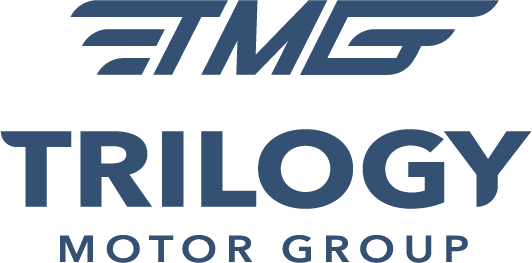
Trilogy Motor Group complete with all its associated community of members, are guided by this adaptation of the CODE OF ETHICS.
We commit to act in the best interests of all members and acknowledge the importance of integrity and trust within the motor industry.
This Code of Ethics is informed by the principles in the Motor Dealers and Repairers Act 2013. A Code of Ethics is an aspirational framework for reflection about the ethical responsibilities of professionals who work with, or on behalf, of consumers. In this Code of Ethics, the protection and wellbeing of fair work is paramount and therefore speaking out or taking action in the presence of unethical practice is an essential professional responsibility.
Being ethical involves thinking about everyday actions and decision making, either individually or collectively, and responding with respect to all concerned. The Code of Ethics recognises that automotive professionals are in a unique position of trust and influence in their relationships with consumers, families, colleagues and the community, therefore professional accountability is vital.
The core principles in this Code of Ethics are based on the fundamental and prized values of the profession. They act to guide decision making in relation to ethical responsibilities. These core principles require a commitment to respect and maintain the rights of consumers, families, colleagues and communities.
IN RELATION TO CONSUMERS, TMG STAFF WILL:
• ensure that consumers are not discriminated against on the basis of gender, sexuality, age, ability, economic status, family structure, lifestyle, ethnicity, religion, language, culture, or national origin.
• safeguard the security of information and documentation.
IN RELATION TO THE SECTOR & PROFESSION, TMG STAFF WILL:
• take responsibility for articulating professional values, knowledge and practice and the positive contribution our profession makes to society.
• engage in ongoing professional learning and support research that builds knowledge and that of the profession.
• encourage qualities and practices of ethical leadership within the profession.
• advocate for profession, the rights of workers and the provision of quality service.
IN RELATION TO THE SECTOR & PROFESSION, TMG STAFF WILL:
• build a spirit of collegiality and professionalism through collaborative relationships based on trust, respect and honesty.
• acknowledge and support the diverse strengths and experiences of colleagues in order to build shared professional knowledge, understanding and skills.
• use constructive processes to address differences of opinion in order to negotiate shared perspectives and actions.
• implement strategies that support and mentor colleagues to make positive contributions to the profession.
• maintain ethical relationships in all interactions.